Skipping phase 3 safety and efficacy studies for Covid-19 vaccines is a gamble with huge stakes
This month has seen stark differences in the ways different authorities are approaching the challenge of developing vaccines to Covid-19. On one hand are those piling resources and support behind companies recruiting thousands of volunteers to large scale trials. On the other is Russia’s extraordinary gamble, pressing ahead with approval and mass vaccination without that clinical safety net.
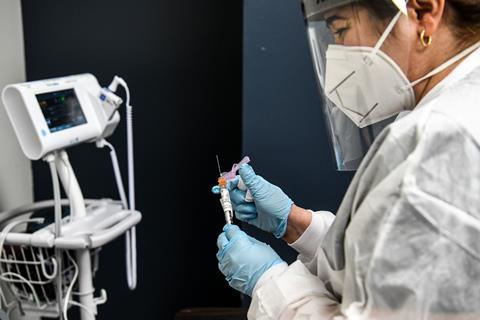
It’s easy to see the temptation. Proving a vaccine works is hard. Harder than many other medicines, since by its nature it must be administered to people who do not already have the disease it aims to prevent. This can partly be mitigated by running trials in populations at higher exposure risk – for example healthcare workers in areas with significant outbreaks.
As we’re finding out from the ongoing trials of vaccine candidates, it is relatively easy to stimulate the immune system and provoke a response in terms of antibodies. It’s slightly harder to induce the longer-term reaction that recruits T cells and other white blood cells, but eminently possible. What remains unclear is how those responses translate into preventing the spread of the virus or reducing its lethality.
For other diseases, where treatments exist but prevention is more desirable – for example malaria, typhoid and others – there is the option of a ‘challenge trial’. Vaccinated people can be carefully but deliberately exposed to the infectious agent to see if they are protected. Crucially, if the vaccine fails then the existing treatments should prevent serious harm.
For Covid-19, where there is no cure available and the risk of debilitating illness is significant, the ethics of such a challenge trial are dubious at best. The closest we have so far are challenge trials on monkeys. While these can give us promising indications of protection, there are still significant questions about how well those results translate to humans, as well as the welfare of the animals – they are not undertaken lightly.
But the other reason for performing large phase 3 trials is to establish safety. Experience tells us that vaccines will likely have side effects. Some will be serious, but many will not show up until the vaccine is given to large numbers of people. This is where Russia’s approach is most risky – it is essentially a high stakes bet that any side effects will be less serious than the expected number of serious Covid-19 cases without the vaccine. In some ways it can be likened to the philosophical Trolley problem – knowingly causing harm to prevent a greater catastrophe through inaction. Some states may be willing to take that gamble, but my guess is that individuals who experience serious adverse effects from an untested vaccine will be much less forgiving than those receiving a vaccine that has been through more rigorous trials.





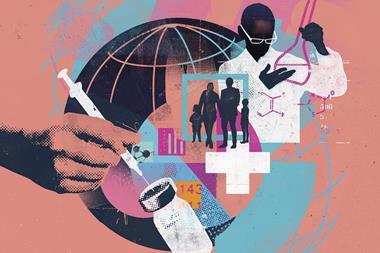
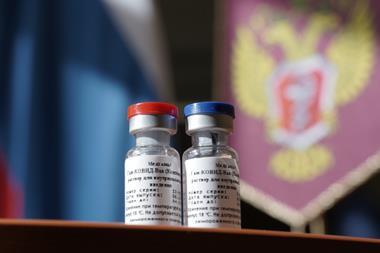
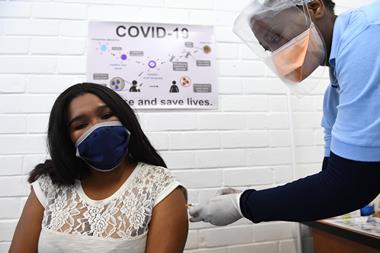
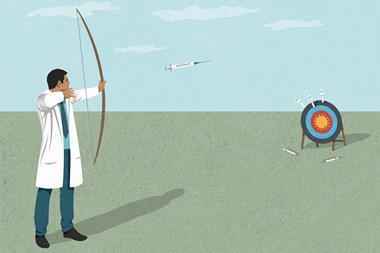








No comments yet